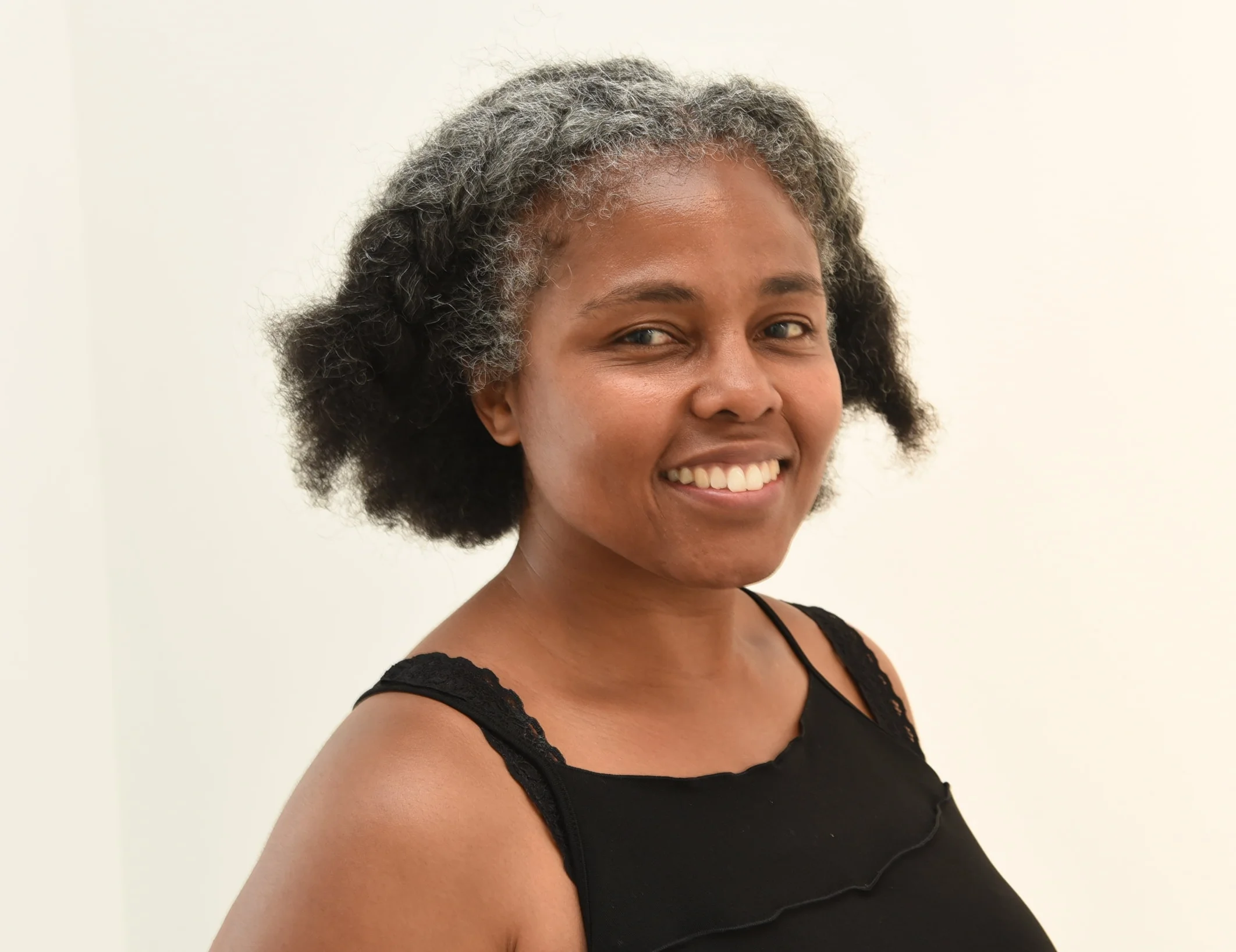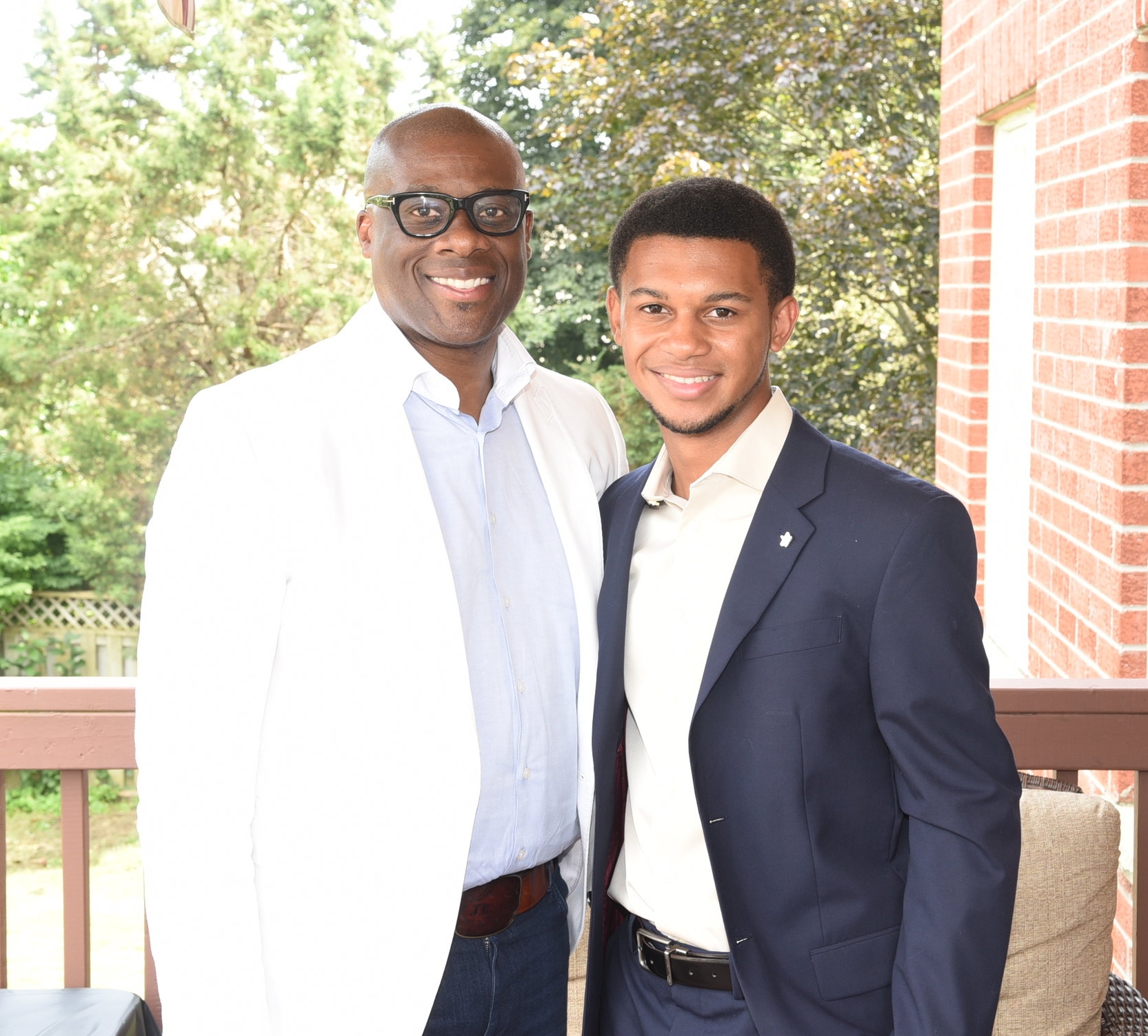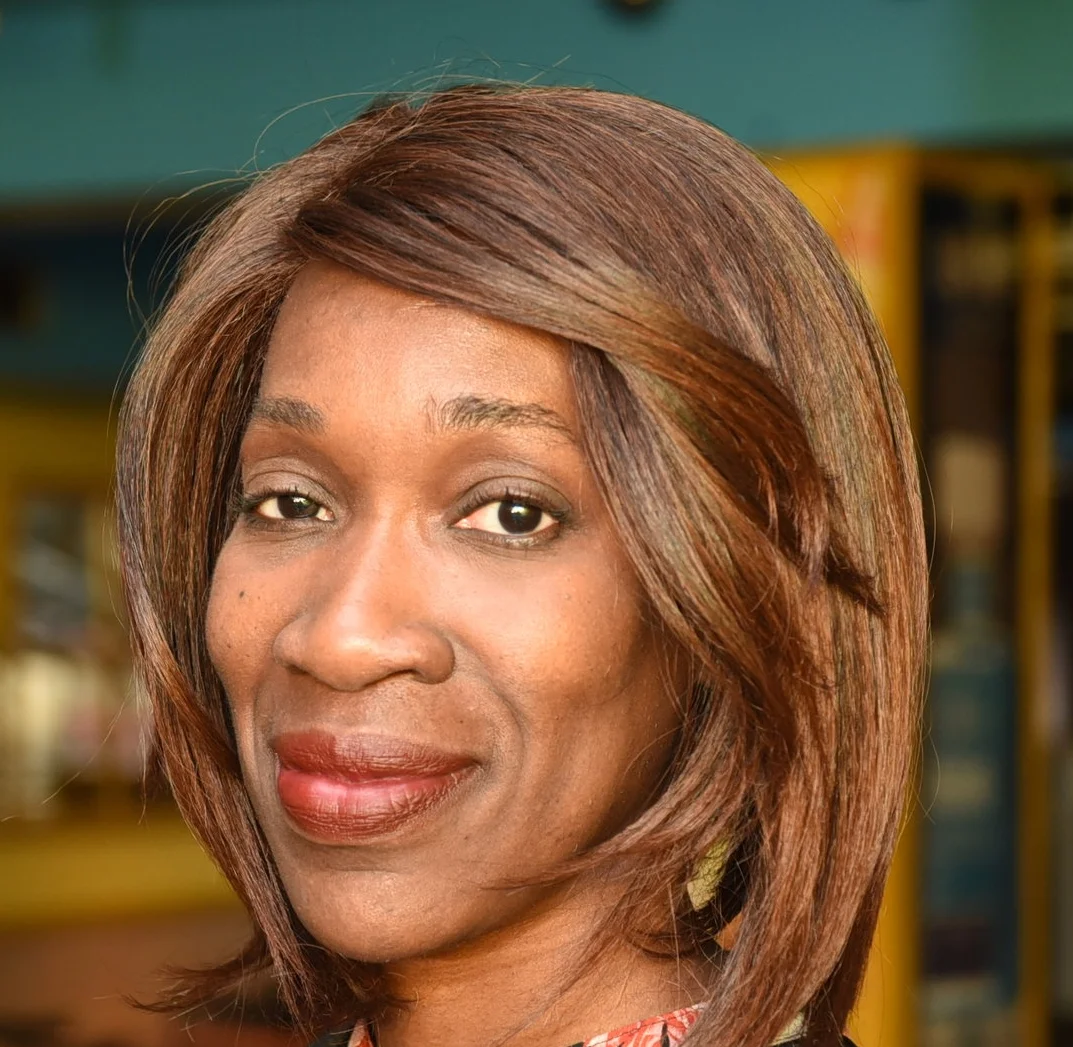Persistence pays off for new doctoral graduate
June 22, 2017
Anthony Briggs didn’t attend his high school graduation 16 years ago for good reason.
With just a 61 per cent average and harbouring high expectations, he didn’t feel the need to celebrate.
Last Friday, Briggs graduated with a doctorate from the University of Toronto Ontario Institute for Studies in Education (OISE).
This time, he had every right to be in a triumphant mood after a long and challenging journey.
“I know people who have started this journey and not completed it for a variety of reasons,” he said. “I have been on my own since I was about 20 and I worked part-time to support myself and my education. I didn’t receive my first scholarship until I was doing my doctorate.”
The recipient of the Doctoral Completion Award for Fall/Winter 2016-17 academic year takes some of the blame for not leaving St. Thomas Aquinas Secondary School in Brampton with a higher mark.
“There were some classes and courses that I wasn’t serious about,” said Briggs who is the first in his family to attend college or university. “But I also had guidance counsellors that tried to convince me that I would be good at a trade. I believed them at the time and did a construction placement, which I did very well in, to get credits. At the end of the day, I knew that wasn’t what I wanted to do even though I left high school without a clear career goal.”
Starting out post-secondary schooling in Humber College’s general arts & science program, he transferred to Sheridan College’s Community & Justice Services program a year later.
While in college and doing factory work and other odd job to pay for tuition, he also worked at group detention centres and in group and foster homes.
‘This was all part-time work with no benefits or security,” he said.
In 2009, Briggs earned an honours degree is social science, graduating with academic distinction from York University in four years despite being on academic probation. He completed his Master’s in Education a year later at OISE.
Again, he missed a graduation ceremony.
Just days after submitting his thesis, Briggs went to France for seven months to teach English as a Second Language at a high school.
After a two-year break, he returned to OISE’s department of curriculum, teaching & learning to pursue a Ph.D.
His thesis title is, ‘Looking for Work and how Second Generation Caribbean Black Males make sense of Social Mobility, Social Networks and Employment Opportunities in Toronto.’
His research focussed on understanding how personal, social and ideological factors influence the educational choices of marginalized students, particularly young Black males from the Caribbean, and prevent them from gaining access to stable employment and navigating the precarious labour market.
Born in New York where he spent six years, Briggs was raised by a single father who migrated from Grenada.
The U of T New College residence adviser and part-time Toronto District School Board educator is the first in his family to attend college or university.
“One of the reasons I went for a Ph.D. is that I definitely wanted to become an academic,” he said. “I want to teach, do research and work in the community with a special focus on Black men from the Caribbean.”
Briggs will be among nearly 200 students expected to attend Canada’s first Black graduation celebration at the University of Toronto. The event takes place on June 22 at Hart House starting at 6 p.m.
He accepted the invitation even though he doesn’t know the organizers.
“Blacks have been subjected to a historical legacy of social patterns of exclusion,” Briggs, who holds Canadian, American and Grenadian citizenship, said. “To some degree, this historic graduation could be seen as elitist depending on who is talking about it and it can be seen as segregation. But I think we need to start looking at it differently because if we are talking about segregation, we could talk about how certain neighbourhoods are segregated based on race and income. This graduation is about celebrating achievement and Black excellence in a White space.”
Funded by the U of T, the graduation is open to the Class of 2017 students who identify as Black.






